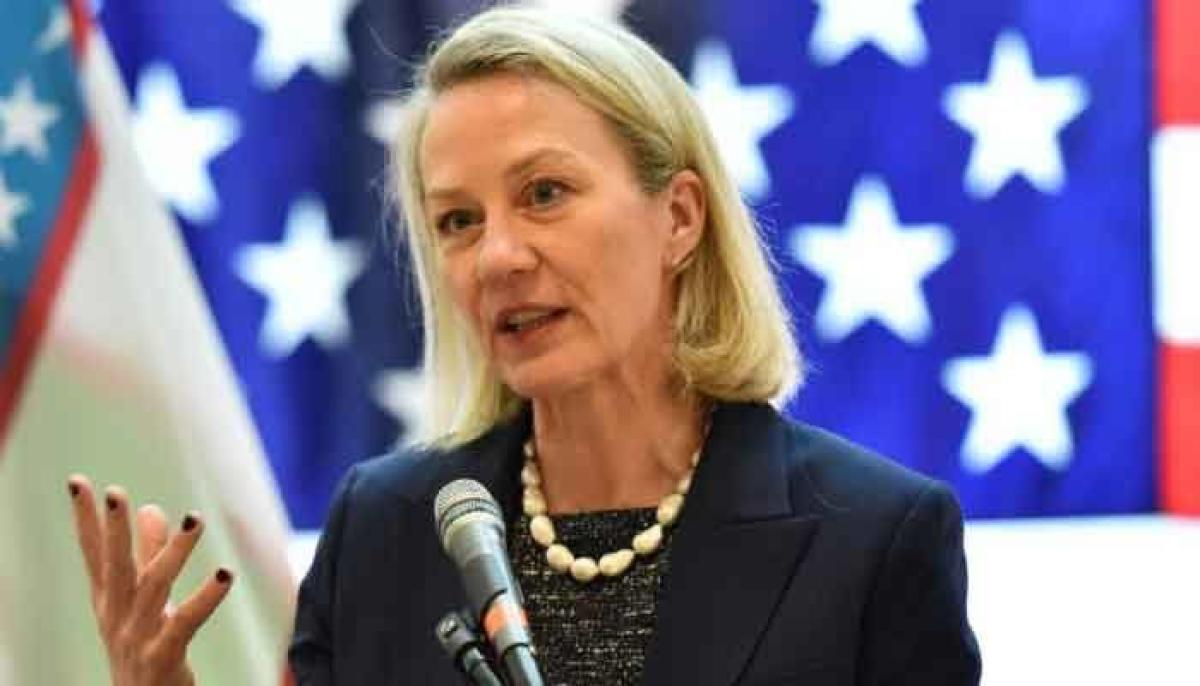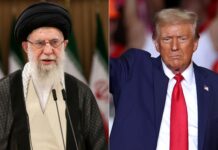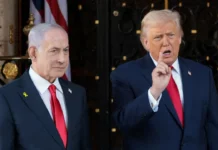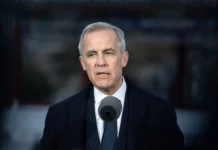ISLAMABAD: Senior US diplomat Alice Wells has said that there is no transparency in the China-Pakistan Economic Corridor (CPEC) and the firms blacklisted by the World Bank have got contracts under the USD 60 billion project, which will increase the cash-strapped country’s debt burden.
Wells, the Principal Deputy Assistant Secretary of State for South and Central Asia who is here on a four-day visit to Pakistan, made the remarks while speaking at a think tank event on Tuesday. The CPEC is a planned network of roads, railways and energy projects linking China’s resource-rich Xinjiang province with Pakistan’s strategic Gwadar Port on the Arabian Sea.
The project was launched in 2015 when Chinese President Xi Jinping visited Pakistan and it now envisages investment of over USD 60 billion in different projects of development in Pakistan.
Wells said that there was no transparency in the CPEC projects and Pakistan’s debt burden was growing due to the Chinese financing, Dawn newspaper reported. While reiterating the allegations against the CPEC, Wells said that companies blacklisted by the World Bank had got contracts in the CPEC.
Commenting on her remarks, the Chinese embassy here on Wednesday rejected the “negative propaganda” by the US diplomat against the CPEC. “Although you can never wake up a person who is pretending to be asleep, we have to make our position clear and reject the negative propaganda by the US,” the embassy’s spokesperson said in a statement.
The spokesperson said Wells’ comments hold nothing new but were reflection of her speech in November, 2019, which was rejected by China and Pakistan. China had always requested the Chinese companies to operate according to local laws and regulations, the spokesperson said.
“The entire process is open and transparent and is in line with international norm. We keep in touch with the relative accountability agencies of Pakistan and it is agreed that the CPEC is clean,” the spokesperson added.
The embassy also rejected her remarks that the CPEC was burdening Pakistan with debt. “In fact, international financial institutions including the Paris Club and IMF are the largest creditors of Pakistan. Loan for the CPEC is about USD 5.8 billion, accounting for 5.3 per cent of Pakistan’s total foreign debt, it said.
The embassy vowed that China would continue to work with the Pakistani government and people to steadily advance the BRI and CPEC to promote regional peace and development. Wells had in November last year urged Pakistanis to ask “tough questions” to China on the CPEC, saying the project is going to take a toll on the country’s economy.
Criticising the CPEC, she urged Pakistan to rethink its involvement in it.
During her Tuesday’s speech, Wells also questioned the immunity from prosecution for the newly formed CPEC Authority that served as the focal body working to identify new areas of cooperation and projects, besides facilitation, coordination and monitoring of ongoing projects. Talking about Pakistan’s debt issue, Wells insisted that Chinese money was not an assistance.
By getting Chinese financing for the projects, Pakistan was buying expensive loans and as a buyer it needed to be aware that what it was doing would take a heavy toll on its already struggling economy.
Wells’ recent remarks were made after Foreign Minister Shah Mahmood Qureshi sought closer engagement and a robust trade and investment relationship between Pakistan and the US during his recent visit to Washington.
Qureshi had also sought help from the US to get the country off the Financial Action Task Force’s (FATF) grey list. The US has been critical of the CPEC. Some of the projects had already been completed but others were facing delays as Pakistan and China are working on operational and funding details.
The diplomat also touched on the cost escalation in a railways project linking Karachi with Peshawar. She urged the government to be transparent about the mega project. PTI







